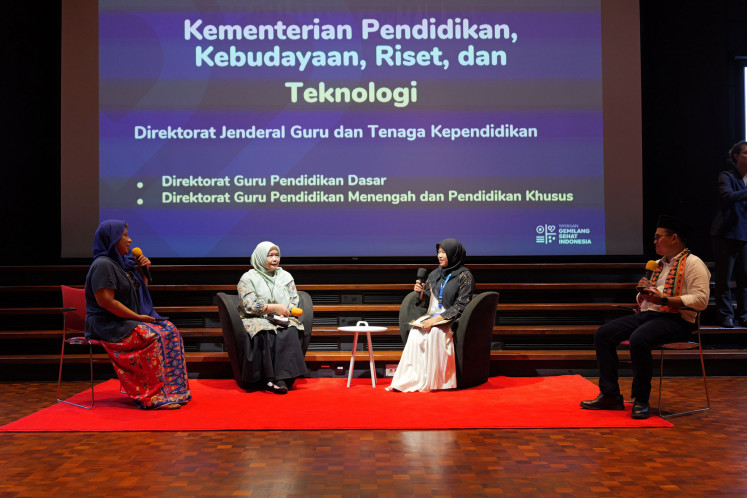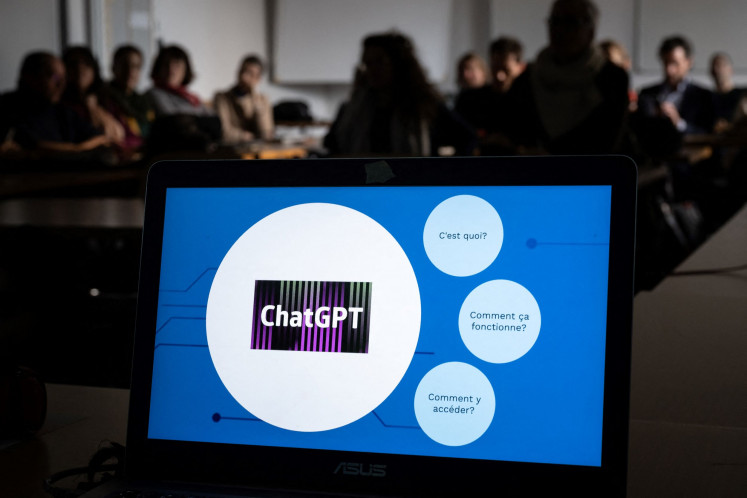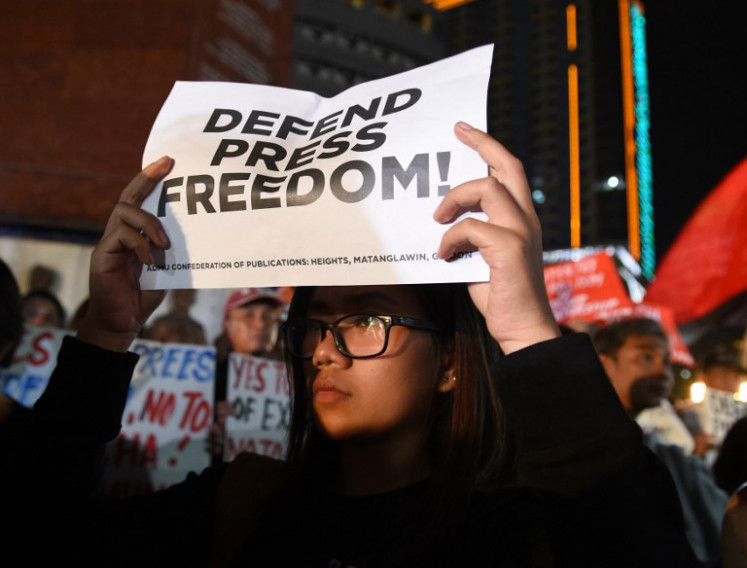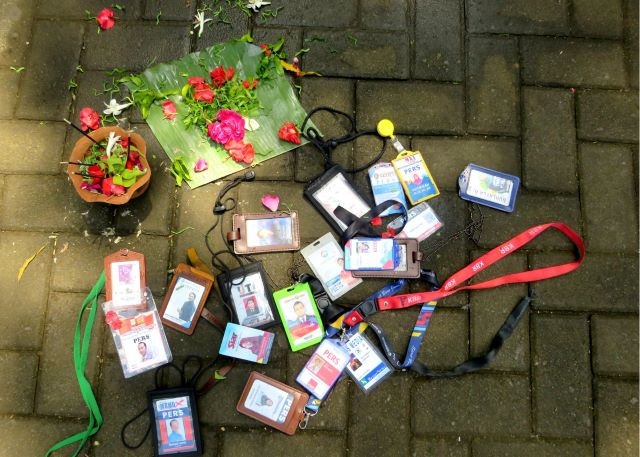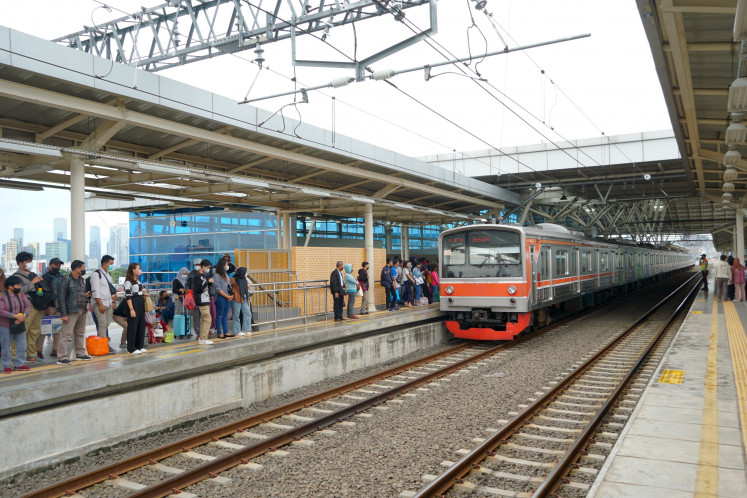ITB, MIT collaborate on third-generation electric battery research
Bandung Institute of Technology (ITB) and Massachusetts Institute of Technology (MIT) are collaborating on a research partnership to develop third-generation electric battery technology.
Change Size
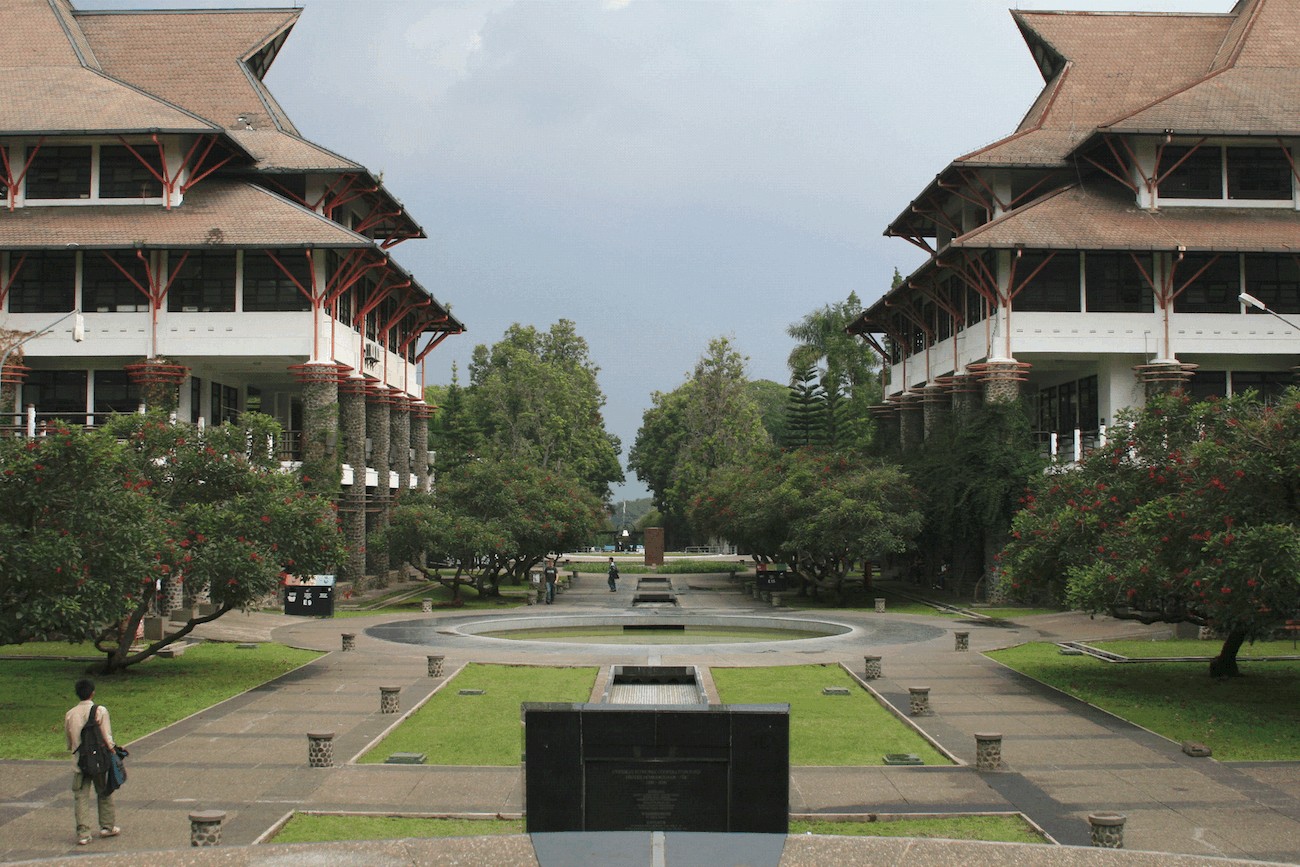 Bandung Institute of Technology (ITB). (Courtesy of ITB/itb.ac.id)
Bandung Institute of Technology (ITB). (Courtesy of ITB/itb.ac.id)
I
n Sept. 2017, Bandung Institute of Technology (ITB) and Massachusetts Institute of Technology (MIT) established a research partnership to develop third-generation electric battery technology.
According to tempo.co, this joint research project is part of the Sustainable Higher Education Research Alliances (SHERA) program funded by the United States Agency for International Development (USAID).
The third-generation electric battery technology is solid-state and can be used for cars, motorbikes and electronic devices. "This battery is lighter, has a high energy capacity and is safe from fire hazards," ITB chancellor Kadarsah Suryadi said to Tempo on Monday.
Read also: UI, ITB and UGM among top 400 universities in the world
ITB has been assigned to lead a consortium of electric technology development including research on third-generation batteries. The consortium involves about 50 ITB researchers and 50 researchers from six partners, including Sriwijaya University and Diponegoro University.
"MIT is the chosen foreign partner for their advanced technology in the field of electric vehicle batteries," said Sigit Puji Santosa, director of the Center for Collaboration Research (CCR) and the National Center for Sustainable Transportation Technology (NCSTT), who is also an MIT graduate.
The research has used up 30 to 40 percent of its funding of US$4 million, according to a lecturer from ITB's School of Mechanical and Aerospace Engineering. (iru/wng)




